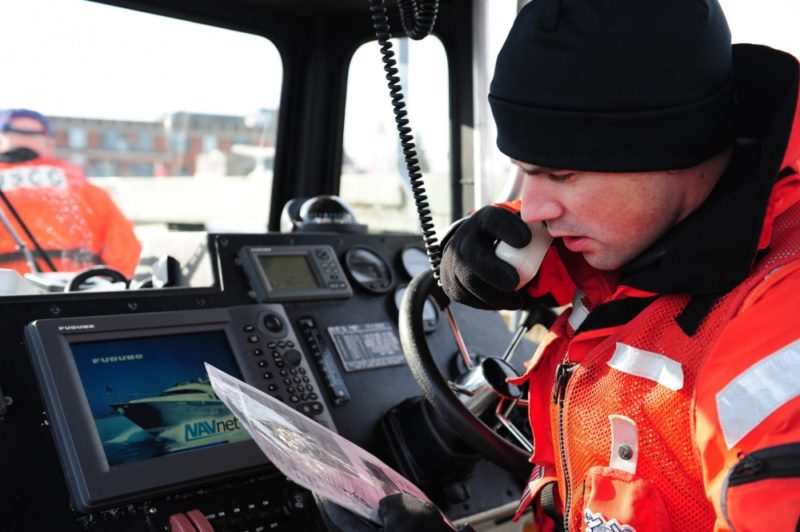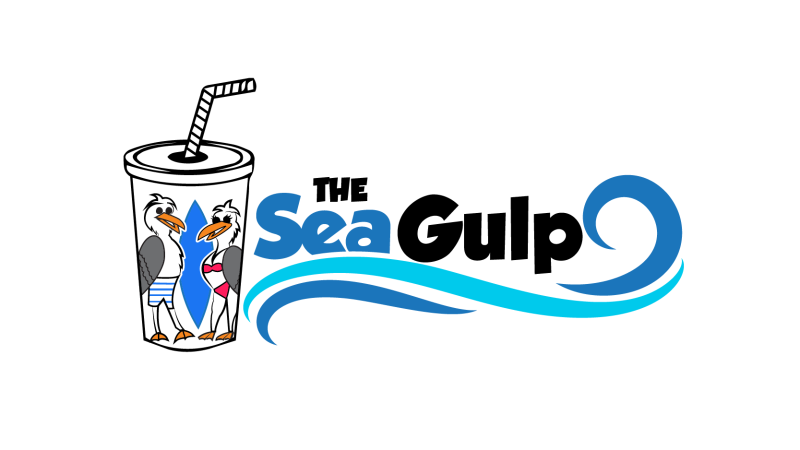The 13th Coast Guard District has implemented a groundbreaking technology to assist mariners in distress on the waters of the Pacific Northwest.
Across Washington and Oregon, mariners can provide vital location information to Coast Guard rescue crews from their smartphones without having to download an application. In addition to common life-saving devices known to mariners, such as Electronic Position Indicating Radio Beacons (EPIRB’s) and VHF radios, the Coast Guard now has the i911 application as an additional tool to provide lifesaving information from a mariner’s cell phone.
The i911 system is a free service developed by Callyo Incorporated. It provides fast and accurate location data to the Coast Guard in a simple web-based interface. If a mariner has recently or is actively connected to a cell-tower, the user’s smartphone could provide Global Positioning System information, potentially up to 20-nautical miles offshore. The Coast Guard has the ability to send a text message to the mariner’s cell phone requesting permission to access the GPS location information; all the mariner needs to do is enable location information in their smartphone settings and click the link provided in the text message.
The Coast Guard can then utilize the provided positions to direct search assets to the mariner’s location.
The 13th District continues to adapt with modern times to assist mariners in distress. In an age where smartphones are an essential part of everyday life, the i911 system is another tool that can be used by Coast Guard search and rescue teams to provide rapid assistance in the maritime domain. While this new technology is highly effective, mariners are advised that i911 should not replace standard VHF radios. VHF channel-16 remains the most reliable means of communication for mariners in distress.
“While VHF radio remains the most reliable form of distress communication, this tool gives the Coast Guard another avenue to rapidly locate mariners in distress utilizing smart phone technology,” said Lt. Cmdr. Colin Boyle, the 13th District’s command center chief. “In addition, the location sharing feature is only utilized during an active search and rescue case and can be turned off by the mariner at any time.”
This tool is readily available to first responder agencies across the country, including the Coast Guard. The Coast Guard ran a pilot program from May – November 2019, in which the new application was instrumental to resolving several search and rescue cases in the New England region. It has been authorized for Coast Guard command centers across the entire country as of March 20, 2020.
For any questions regarding i911 please visit their website at http://i911.zendesk.com.






